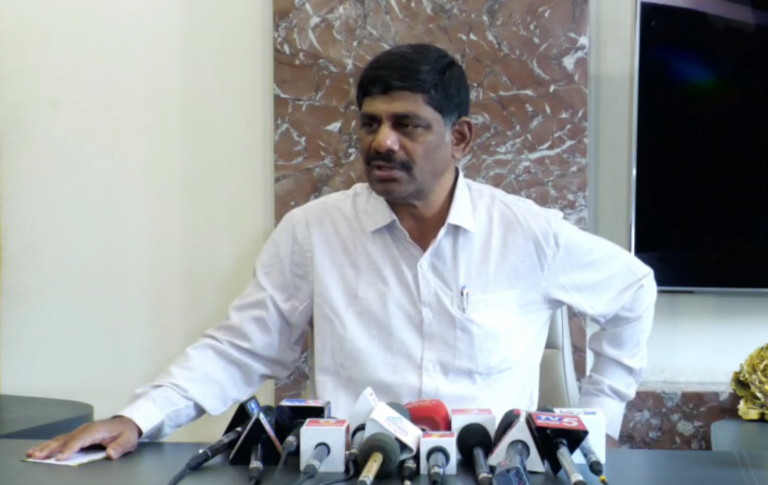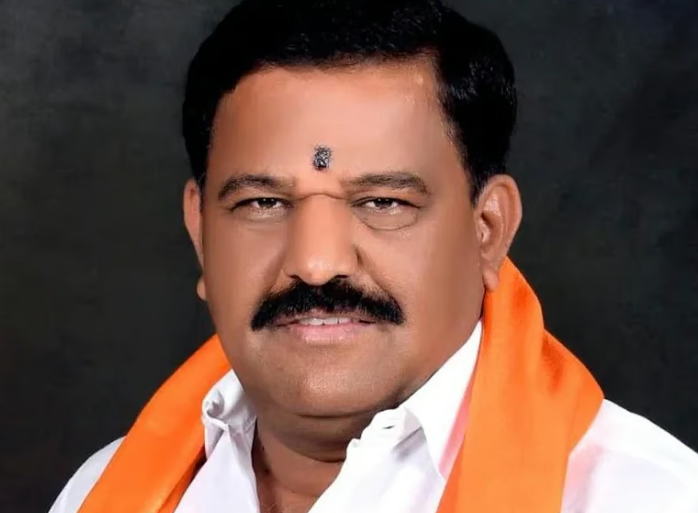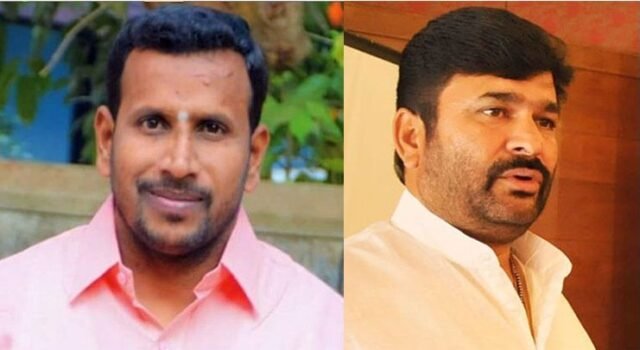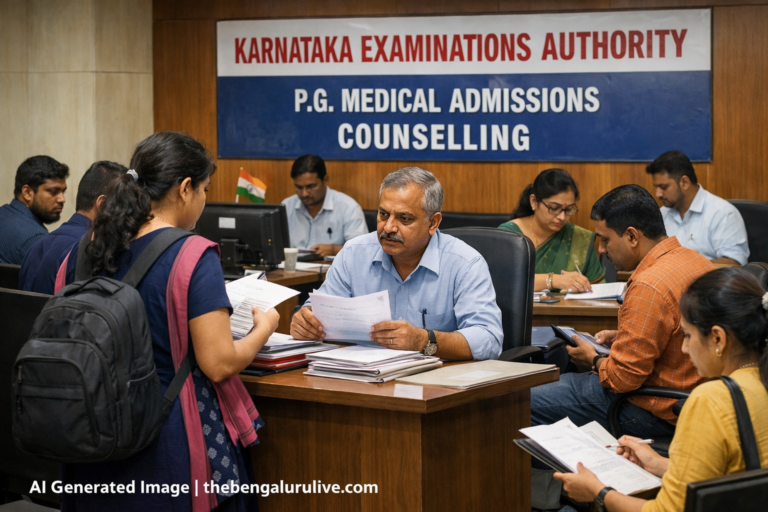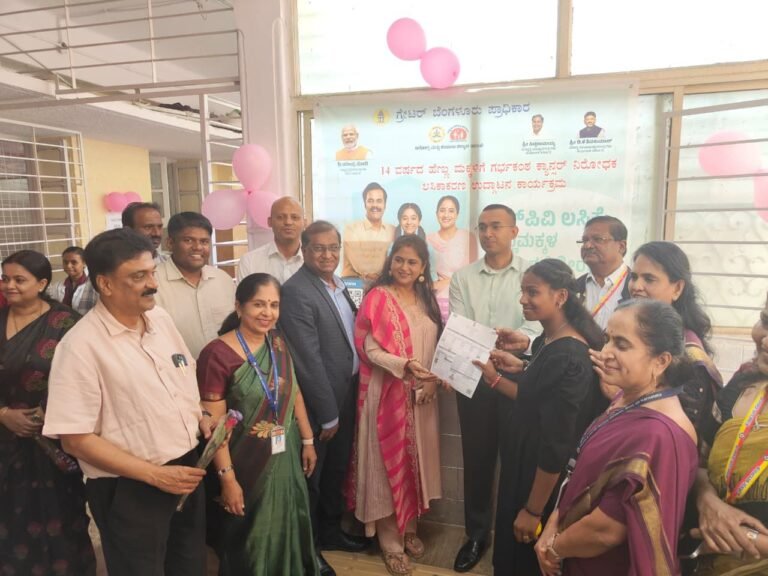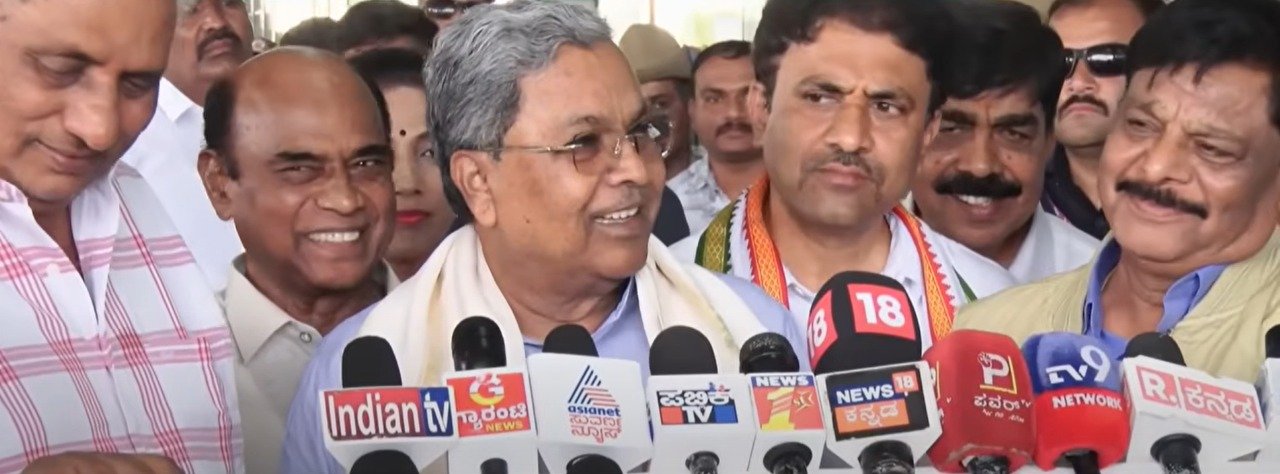
Bengaluru: The debate over a possible Chief Minister change in Karnataka, especially during the festive Dasara season, has resurfaced with renewed intensity. While the leadership tussle had briefly cooled, recent remarks by DK Shivakumar supporters and Vokkaliga leaders have reignited speculation about a so-called “November revolution.”
Former MP Shivaram Gowda stirred the political waters by openly declaring that Deputy CM DK Shivakumar will replace CM Siddaramaiah this November. Adding fuel, Congress MLA HD Ranganath stressed that Shivakumar’s “hard work in securing over 130 seats” must be rewarded with the chief ministership, urging the Congress high command to recognize his contribution.
In response, Chief Minister Siddaramaiah dismissed the speculation and reiterated his commitment: “I will continue as Chief Minister for the full five years. I have already completed two-and-a-half years, and I will complete the remaining term as well.” Speaking in Mysuru during the Dasara Flower Pooja, Siddaramaiah emphasized that the final decision lies with the high command: “Whatever the high command decides, we will follow. But I hope to continue leading.”
The leadership issue has become a talking point not just within the Congress but also among opposition leaders. BJP leaders quipped that they will not offer floral tributes to Siddaramaiah as CM during next year’s Dasara. Meanwhile, former CM HD Kumaraswamy escalated his criticism, alleging that DK Shivakumar’s “days outside jail are numbered,” prompting angry rebuttals from Congress legislators.
Congress MLA HD Ranganath defended Shivakumar, accusing Kumaraswamy of personal vendetta: “Every time he talks about sending DK Shivakumar to jail, it only exposes his obsession with weakening our family.”
The Congress camp appears divided—while Siddaramaiah asserts his five-year term, a section of party leaders continue to float the idea of a leadership transition in November. With both camps citing the high command’s authority, the power struggle in Karnataka Congress is once again at the forefront of state politics


